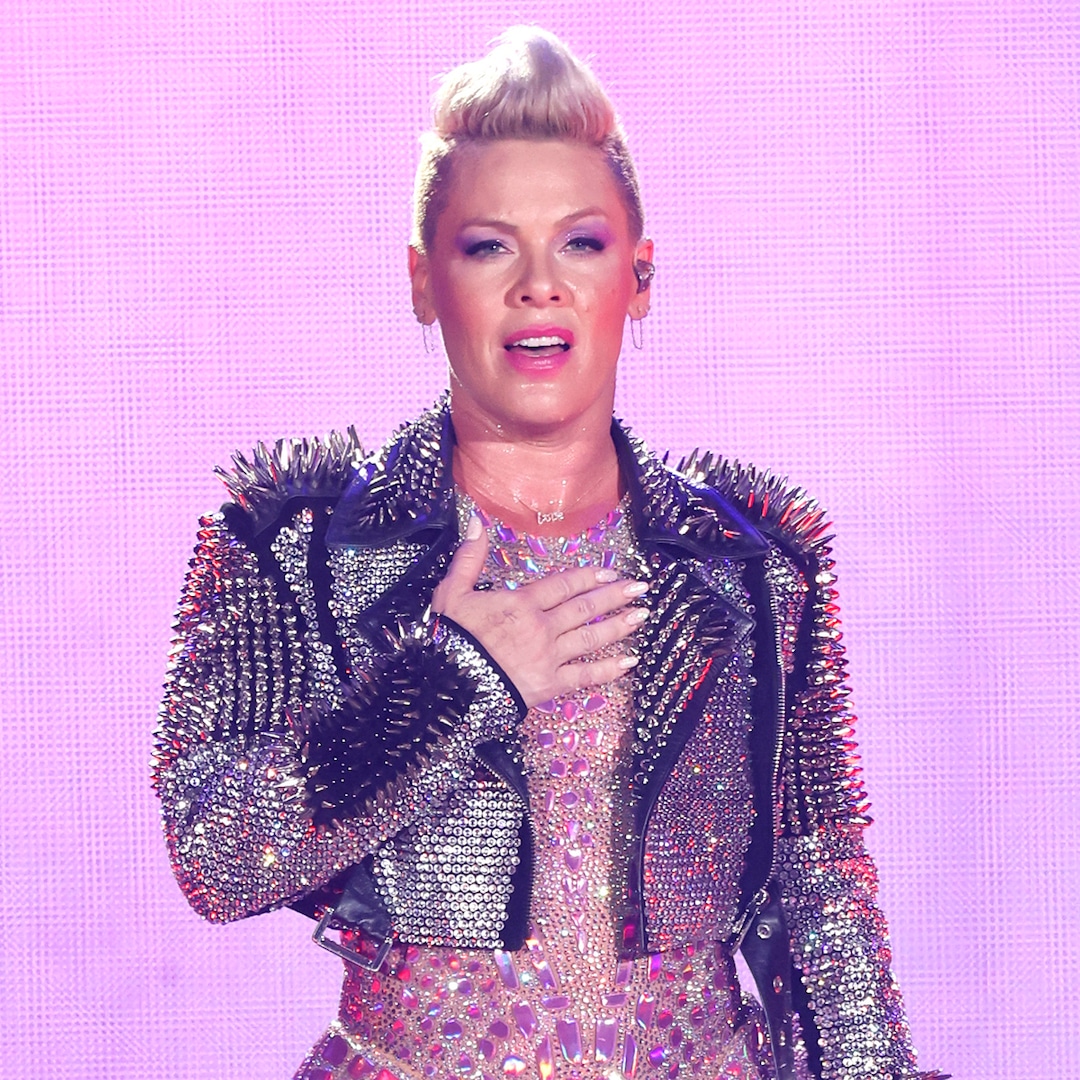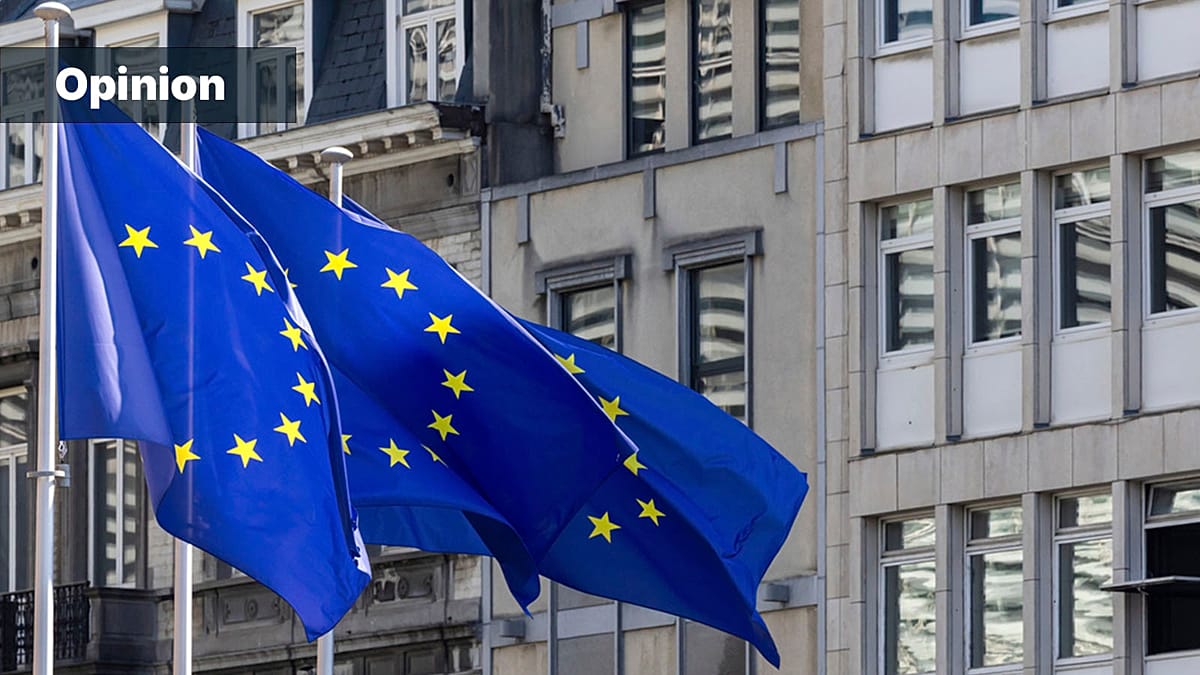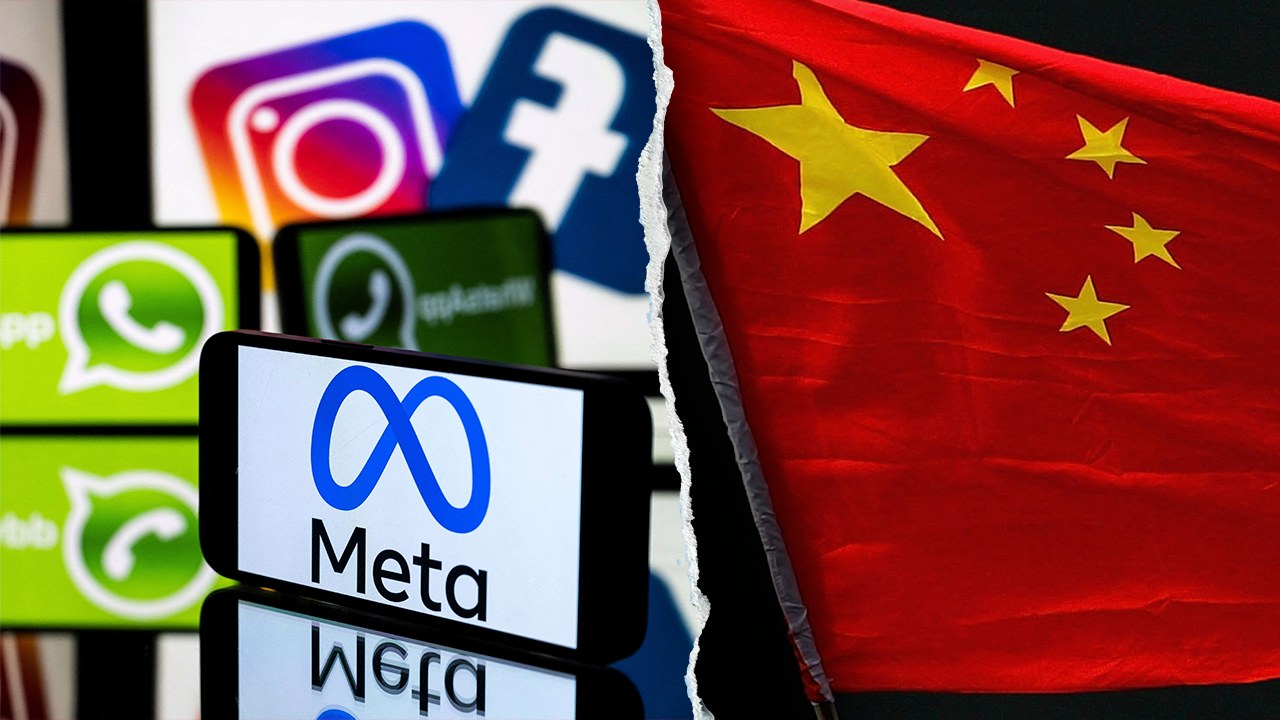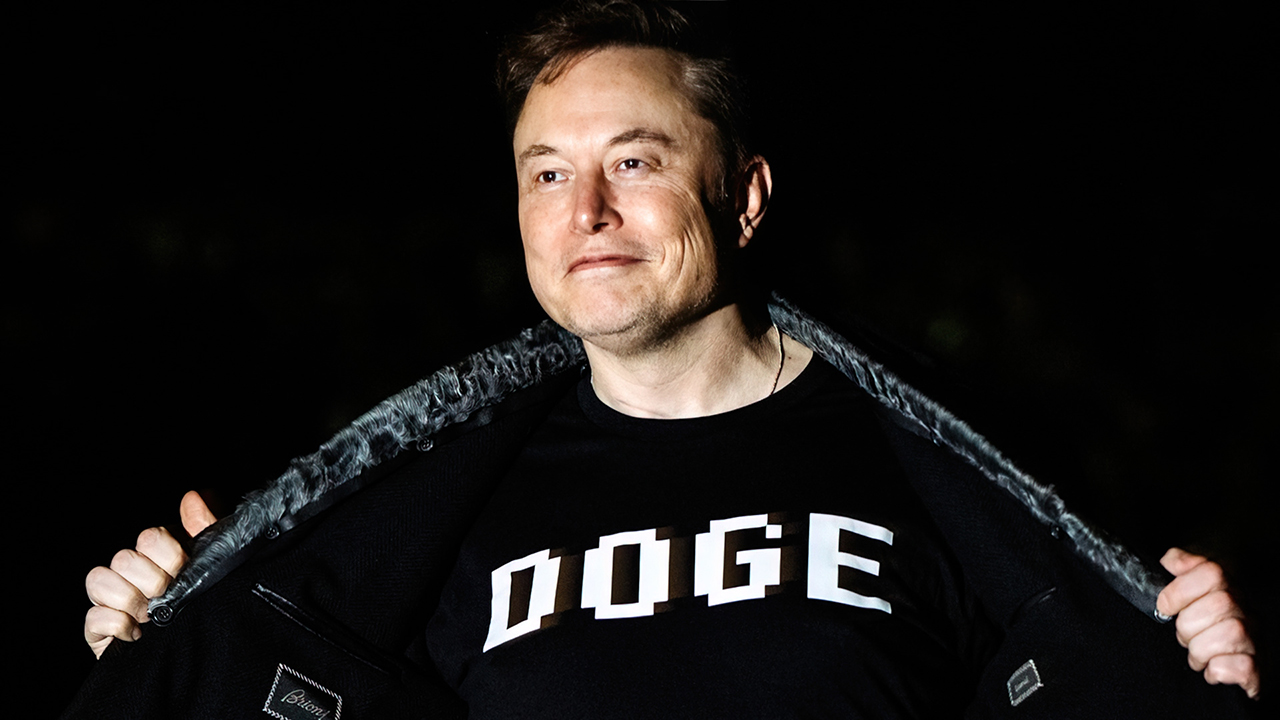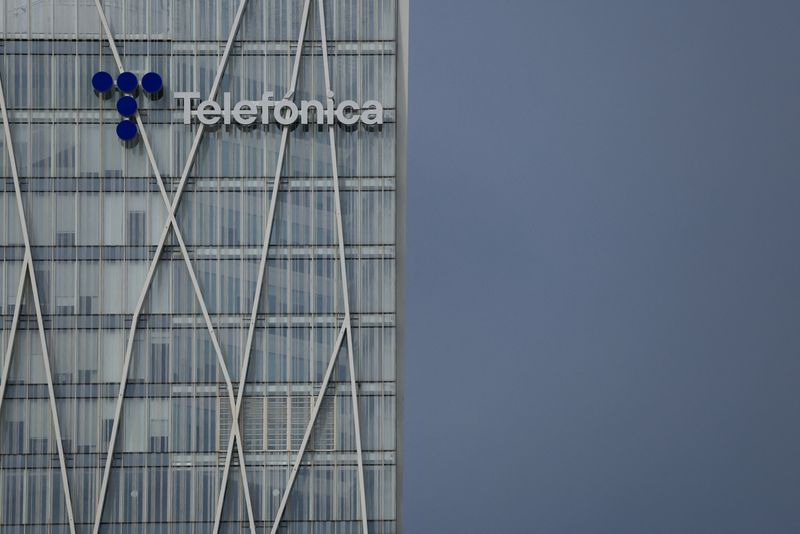Why Tackling Brain Fog Could Be the Most Strategic Move Executives Make This Year

In the high-stakes world of modern leadership, performance is everything. Precision, clarity, and the ability to think three steps ahead aren’t just desirable traits—they’re essential. But what happens when that mental edge dulls? When the fog rolls in, clouding judgment, slowing decisions, and stalling creativity?
It’s called brain fog, and while it may sound vague or unscientific, the effects are very real—especially for executives operating under relentless pressure. Characterised by forgetfulness, mental fatigue, difficulty concentrating, and sluggish problem-solving, brain fog is emerging as one of the most underestimated barriers to high performance in leadership today.
More Common Than You Think
In a world that celebrates hustle culture and 5 a.m. productivity hacks, admitting to brain fog might feel like a weakness. But research suggests it’s far more prevalent among executives than many realise. A 2023 study by the Global Leadership Institute found that 48% of senior executives reported regular periods of mental fatigue, difficulty focusing, or impaired short-term memory.
The causes are multifaceted—chronic stress, poor sleep, digital overload, dehydration, nutritional gaps, and even long COVID have all been identified as culprits. But the impact is consistent: reduced cognitive agility, impaired decision-making, and a higher likelihood of burnout.
As organisations demand more from their leaders—faster decisions, constant innovation, and emotional intelligence—the cognitive load becomes heavier. If that load isn’t managed with care, brain fog can quietly erode leadership effectiveness from the inside out.
The Business Case for Brain Health
Forward-thinking companies have long focused on physical health in the workplace, encouraging everything from step challenges to healthy snacks. But brain health is finally taking its seat at the table. Why? Because it directly impacts the core of leadership: the ability to think clearly and act decisively.
“Your brain is your primary asset as a leader,” says Michelle Davies, brain care expert and author of Mental Clarity. “You wouldn’t ignore a glitch in your company’s most powerful computer. But many executives are operating with degraded mental systems, pushing through symptoms instead of addressing them.”
Davies specialises in supporting cognitive performance through a mix of osteopathy, biofrequency healing, and holistic wellness. She notes that the most successful leaders she works with are those who take mental clarity seriously—not just for productivity, but for sustained, long-term performance.
“Clear minds make sharp decisions. It’s not just about feeling better. It’s about leading better.”
Brain fog isn’t just a personal inconvenience—it’s a professional liability. But it’s also an opportunity. In the below video Michelle Davies discusses many things but has a really interesting approach to help people tackling brain fog and how it shouldn’t be universally accepted.She discussed why people can’t make executive decisions, why they are procrastinating and how to successfully flit between emotions
Michelle Davies is a globally published author and leading expert in brain care, specialising in osteopathy and biofrequency healing. For nearly 30 years, she has supported people of all ages—from toddlers to seniors—in harnessing the body’s innate capacity to heal. Her approach blends hands-on osteopathic therapy with advanced biofrequency techniques and a holistic, whole-person philosophy.
Michelle earned her Bachelor of Science in Osteopathy following four years of intensive training at the British School of Osteopathy in London, where her degree was awarded by Princess Anne. Her lifelong commitment to brain health and mental clarity has positioned her as a trusted voice in the fields of wellness, recovery, and cognitive optimisation.
The Hidden Cost of Foggy Thinking
The damage brain fog does to executive function is often subtle—until it isn’t. A few missed details here, a poor strategic call there. Delayed decisions. Frustration in meetings. Difficulty retaining information from complex briefs. It adds up.
And it’s not just personal performance at stake. Leaders set the cognitive tone for their teams. A foggy leader can contribute to a culture of indecision, miscommunication, and low morale. In industries where speed and accuracy define competitive edge, that’s a risk no business can afford.
Understanding the Science Behind Brain Fog
At its core, brain fog is a disruption in neurocognitive function—and the causes can range from physiological to environmental. One often-overlooked factor is the glymphatic system, a waste clearance pathway in the brain that activates during deep sleep to flush out toxins. When sleep is disrupted (a common issue for busy executives), this system underperforms, leading to a literal buildup of “brain waste” that impairs clarity and function.
Diet also plays a key role. Excess sugar, ultra-processed foods, and chronic dehydration impair glucose regulation and neural performance. Compound that with hours of screen time and a lack of restorative downtime, and it’s no surprise so many leaders are running on mental fumes.
Sharpening the Mind: Practical Strategies
The good news? Brain fog isn’t permanent. With targeted interventions, most executives can reverse it and experience a notable uptick in mental sharpness and resilience. Here are five evidence-backed strategies that high-performing leaders are using:
-
Prioritise Sleep Like a Board Meeting
Deep, consistent sleep is non-negotiable for brain health. Aim for 7–9 hours and create a wind-down routine that signals to your body it’s time to shift gears. -
Fuel the Brain, Not Just the Calendar
Incorporate brain-friendly foods like leafy greens, omega-3-rich fish, berries, and nuts. Stay hydrated and limit alcohol and caffeine, particularly in the evening. -
Digital Decluttering
Screen overload contributes to cognitive fatigue. Schedule screen-free periods each day—especially in the morning and evening—to protect your focus. -
Move with Intention
Regular movement, especially aerobic exercise, increases blood flow to the brain and supports neurogenesis (the growth of new brain cells). A brisk 20-minute walk can work wonders. -
Mindfulness and Mental Space
Meditation, prayer, or even short moments of intentional stillness can recalibrate the nervous system and improve attention span. Try micro-breaks throughout the day to prevent mental overload.
Leading with Clarity in a Complex World
In today’s dynamic and unpredictable business environment, mental clarity is a competitive advantage. Leaders who are cognitively sharp can navigate uncertainty more effectively, adapt faster, and inspire confidence in their teams.
What’s more, the shift toward prioritising brain health is a signal to others—within the organisation and outside of it—that sustainable leadership is about more than performance metrics. It’s about human capacity and long-term impact.
The executives who will thrive in the coming decade aren’t just the ones with the boldest ideas or the strongest resumes. They’re the ones with clear minds, sharp instincts, and the self-awareness to know when their internal systems need a reset.
The post Why Tackling Brain Fog Could Be the Most Strategic Move Executives Make This Year appeared first on European Business & Finance Magazine.



















